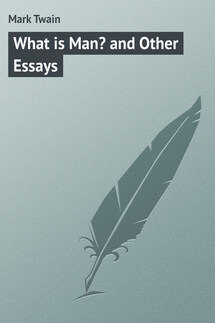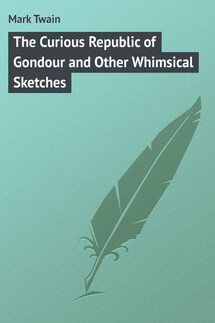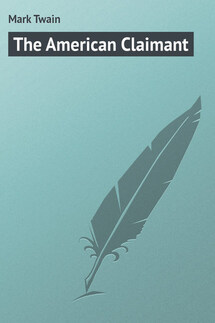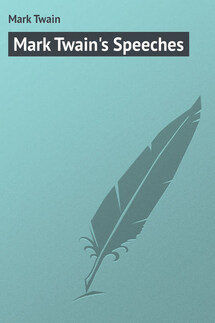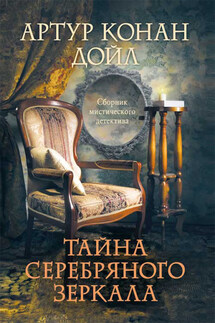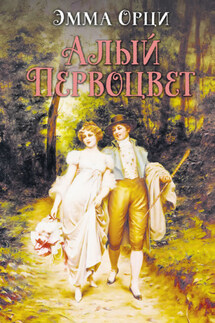A Tramp Abroad - страница 21
“Nothing, except that the head undertakers shall ride together, as is usual. The subordinates and mutes will go on foot, as is also usual. I will see you at eight o’clock in the morning, and we will then arrange the order of the procession. I have the honor to bid you a good day.”
I returned to my client, who said, “Very well; at what hour is the engagement to begin?”
“Half past nine.”
“Very good indeed. Have you sent the fact to the newspapers?”
“Sir! If after our long and intimate friendship you can for a moment deem me capable of so base a treachery—”
“Tut, tut! What words are these, my dear friend? Have I wounded you? Ah, forgive me; I am overloading you with labor. Therefore go on with the other details, and drop this one from your list. The bloody-minded Fourtou will be sure to attend to it. Or I myself – yes, to make certain, I will drop a note to my journalistic friend, M. Noir—”
“Oh, come to think of it, you may save yourself the trouble; that other second has informed M. Noir.”
“H’m! I might have known it. It is just like that Fourtou, who always wants to make a display.”
At half past nine in the morning the procession approached the field of Plessis-Piquet in the following order: first came our carriage – nobody in it but M. Gambetta and myself; then a carriage containing M. Fourtou and his second; then a carriage containing two poet-orators who did not believe in God, and these had Ms. funeral orations projecting from their breast pockets; then a carriage containing the head surgeons and their cases of instruments; then eight private carriages containing consulting surgeons; then a hack containing a coroner; then the two hearses; then a carriage containing the head undertakers; then a train of assistants and mutes on foot; and after these came plodding through the fog a long procession of camp followers, police, and citizens generally. It was a noble turnout, and would have made a fine display if we had had thinner weather.
There was no conversation. I spoke several times to my principal, but I judge he was not aware of it, for he always referred to his note-book and muttered absently, “I die that France might live.”
Arrived on the field, my fellow-second and I paced off the thirty-five yards, and then drew lots for choice of position. This latter was but an ornamental ceremony, for all the choices were alike in such weather. These preliminaries being ended, I went to my principal and asked him if he was ready. He spread himself out to his full width, and said in a stern voice, “Ready! Let the batteries be charged.”
The loading process was done in the presence of duly constituted witnesses. We considered it best to perform this delicate service with the assistance of a lantern, on account of the state of the weather. We now placed our men.
At this point the police noticed that the public had massed themselves together on the right and left of the field; they therefore begged a delay, while they should put these poor people in a place of safety.
The request was granted.
The police having ordered the two multitudes to take positions behind the duelists, we were once more ready. The weather growing still more opaque, it was agreed between myself and the other second that before giving the fatal signal we should each deliver a loud whoop to enable the combatants to ascertain each other’s whereabouts.
